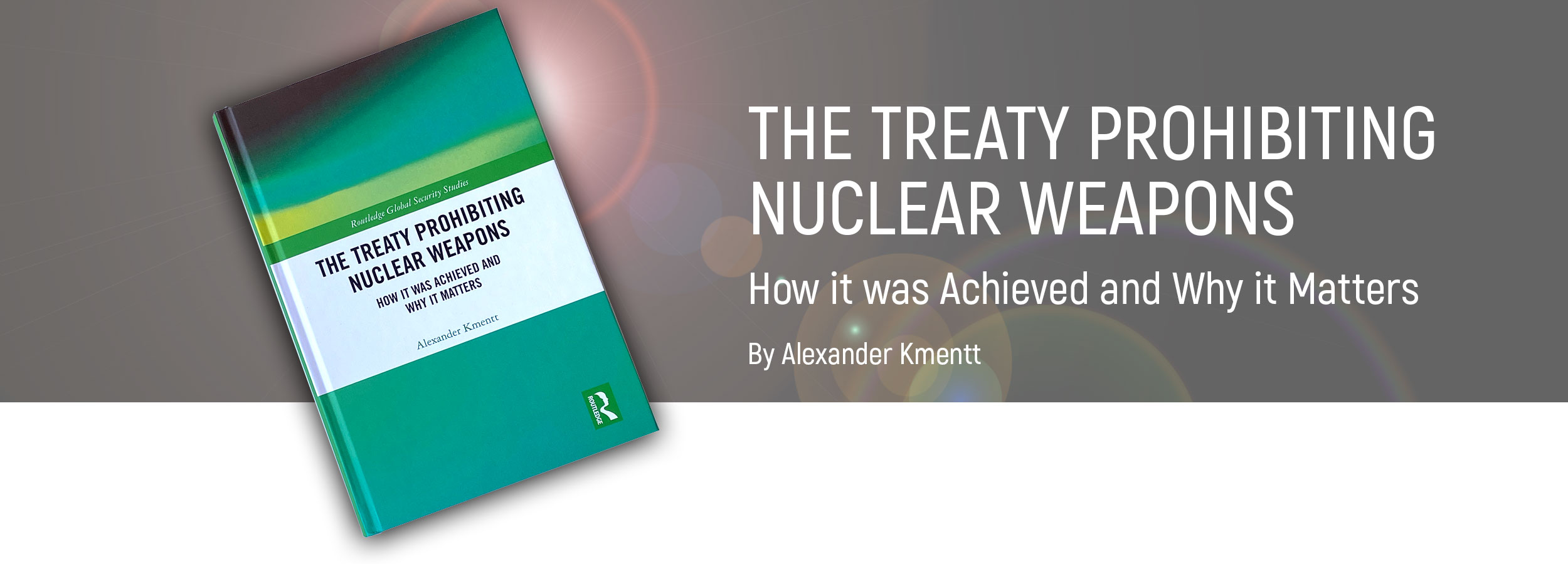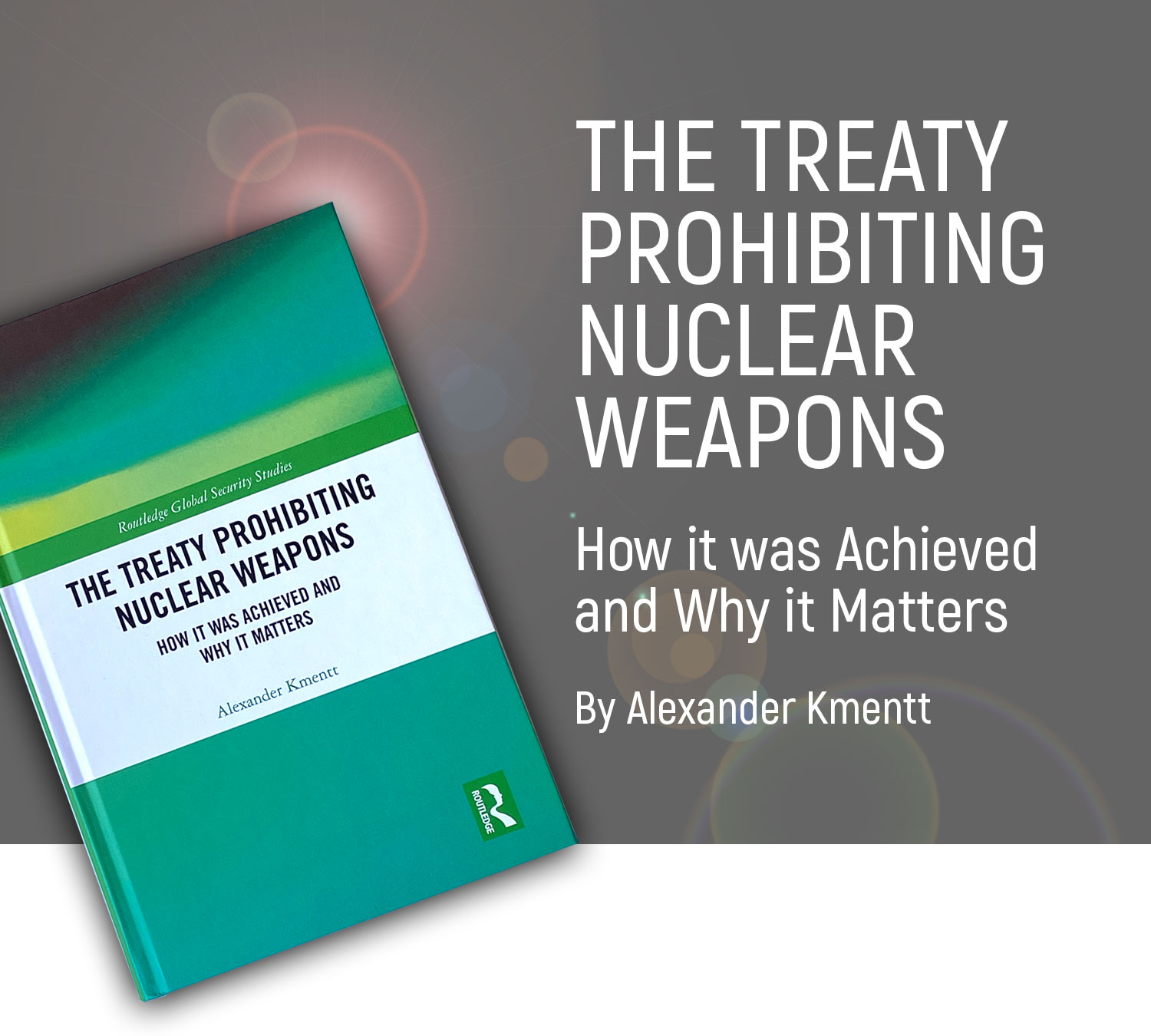The Treaty Prohibiting Nuclear Weapons
How it was Achieved and Why it Matters
This book records the history of the Treaty on the Prohibition of Nuclear Weapons and assesses the impact of this most significant challenge to the legitimacy of the nuclear order to date.
The book contains an authoritative account of the seven-year process, known as the Humanitarian Initiative, which lead to the Treaty on the Prohibition of Nuclear Weapons (TPNW). The author, Ambassador Alexander Kmentt, is widely recognised as a key architect of this initiative and was centrally involved in the events he describes.
In The Treaty Prohibiting Nuclear Weapons, internal strategy documents, communications, first-hand accounts, and material from personal interviews are revealed for the first time to a wider audience. They show how a close-knit, small group of leading disarmament diplomats, academics and NGO experts instilled new urgency into nuclear disarmament efforts. By demonstrating the unacceptable humanitarian consequences and uncontrollable risks that nuclear weapons pose to everyone’s security, their initiative convinced the majority of the world’s States to ban nuclear weapons and reject the policy of nuclear deterrence as irresponsible and illegitimate. On 7 July 2017, 122 States adopted the Treaty on the Prohibition of Nuclear Weapons banning the only weapon of mass destruction not yet forbidden under international law. The Treaty entered into force on 22 January 2021.
The book also analyses the various challenges to the established nuclear order that are the result of these recent developments. Both sides of the nuclear argument are considered, as is the extent to which the Humanitarian Initiative and the TPNW have moved the dial, and the opportunities for transformational change that could be the result.
Read the introduction of the book here


